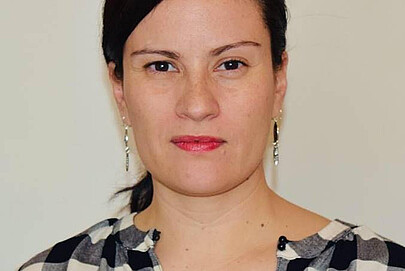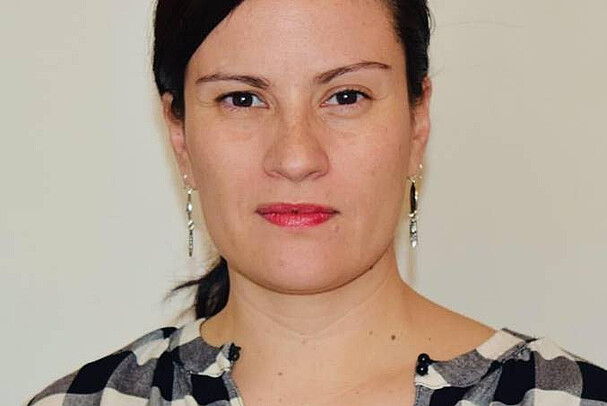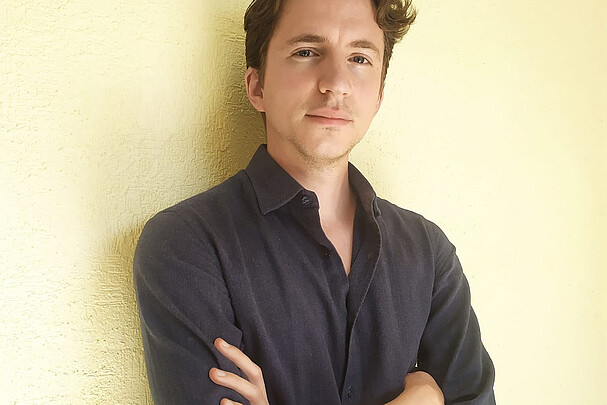


DFG-funded Emmy Noether Research Group, 2020-2026
Cinematic remaking is a longstanding Hollywood practice: an industrially driven, creative process that generates film remakes, sequels, prequels, etc. over many years and decades. At the intersection of American studies, cultural memory studies, film studies, generation theory, and global studies, this project examines the long-term cultural effects of such films, hypothesizing that they shape memories, lived experiences, and generational identities of viewers in a globalized world. The mixed-method comparative investigation focuses on how popular culture, media, and memory shape constructions of generationality. Remaking, I argue, encourages prolonged reception of and engagement with narratives through repetition and serial unfolding over long periods of time, offering structures and meanings for the self. The repertoire of shared media texts plays a formative role in the shaping of selfhood and in the construction and maintenance of communal coherence.
If remaking results in the persistent return of the familiar, do narrative images, characters, storyworlds, and stars become meaningful points of reference and identification? I understand Hollywood memories as mnemonic processes, in which Hollywood films become thoroughly entangled with lived experiences in specific historical and cultural contexts: life stages (childhood, youth, adulthood, late life), social practices and spaces, and cultural and geopolitical reception contexts (availability, textual polysemy, interpretive agency). My concept of movie generations captures how remaking, by bringing back formative media texts at different life stages, provides temporal markers that synchronize ongoing narrative and technological evolution with the viewers’ lives and instills a sense of generational belonging. The aim is to study this generational construction of a “we-sense” and to examine whether the global and enduring presence of Hollywood films forges global movie generations.
The project combines historical inquiry, qualitative methods, and film analysis, focusing on empirical audience research in the USA, Germany, Mexico, and China, where three successive generations of viewers are interviewed about their memories, experiences, and attitudes regarding Hollywood films and remaking. The cross-generational set-up and choice of countries allow to gain insights into the paradigms that drive the globally distinct evolution of remaking and a kaleidoscopic view of its cultural impact. The USA represent the domestic market, Germany a zone of U.S. occupation and re-education, Mexico a postcolonial state troubled by its relations to the USA, and China a communist country that banned U.S. cultural products for decades. With its approach to remaking as a global practice that is biographically and media-technologically embedded in viewers’ lives, the project opens up new pathways of investigation and makes a case for qualitative methods in the study of remaking and the Humanities.
Project Team
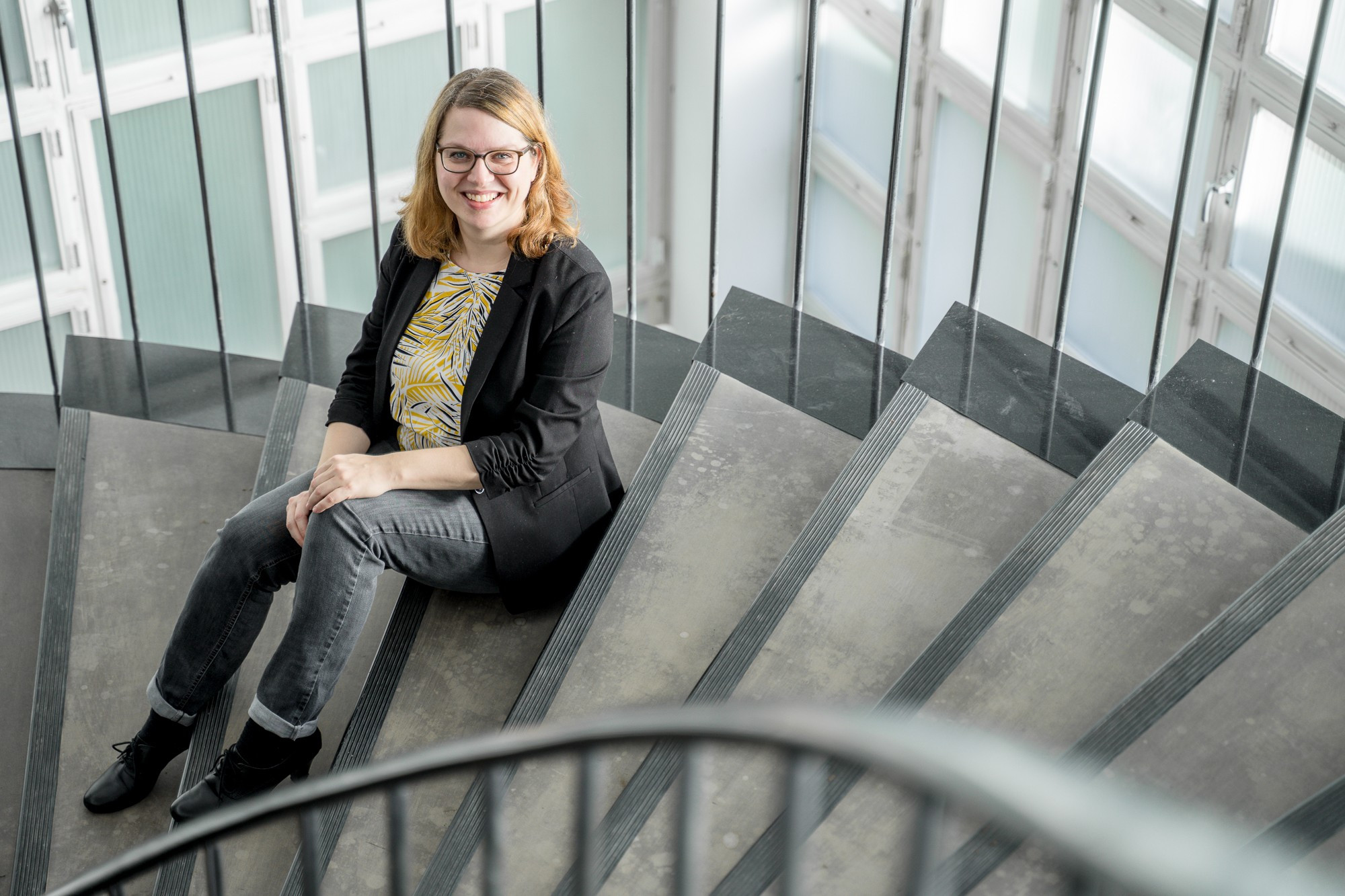
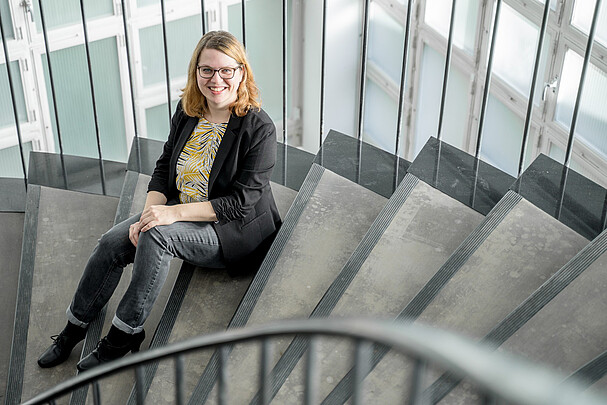
30167 Hannover



 © Alejandra Bulla
© Alejandra Bulla
30167 Hannover

 © Alejandra Bulla
© Alejandra Bulla

 © Yining Zhang
© Yining Zhang
30167 Hannover

 © Yining Zhang
© Yining Zhang
Assistants









 ©
Tina Pahnke
©
Tina Pahnke

 ©
Tina Pahnke
©
Tina Pahnke
Associated Members

 ©
Brunella Tedesco-Barlocco
©
Brunella Tedesco-Barlocco

 ©
Brunella Tedesco-Barlocco
©
Brunella Tedesco-Barlocco
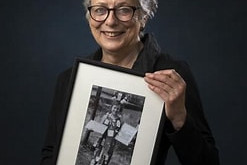



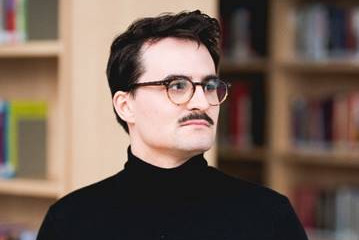



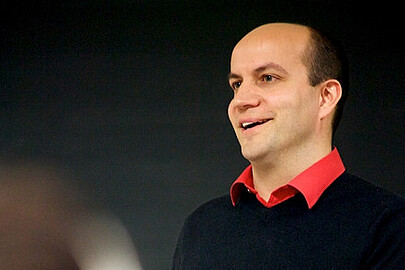
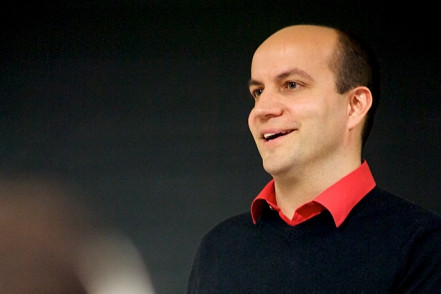



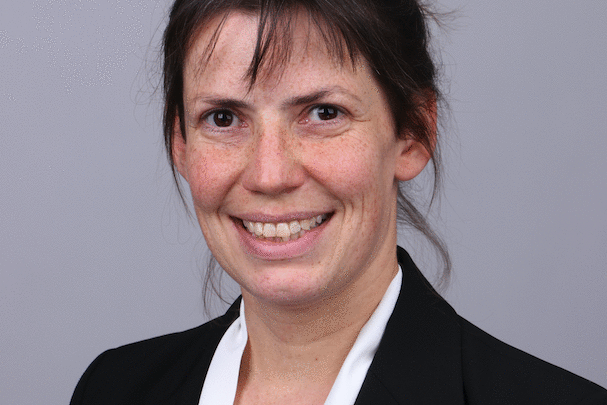 ©
Christine Hämmerling
©
Christine Hämmerling

 ©
Christine Hämmerling
©
Christine Hämmerling




